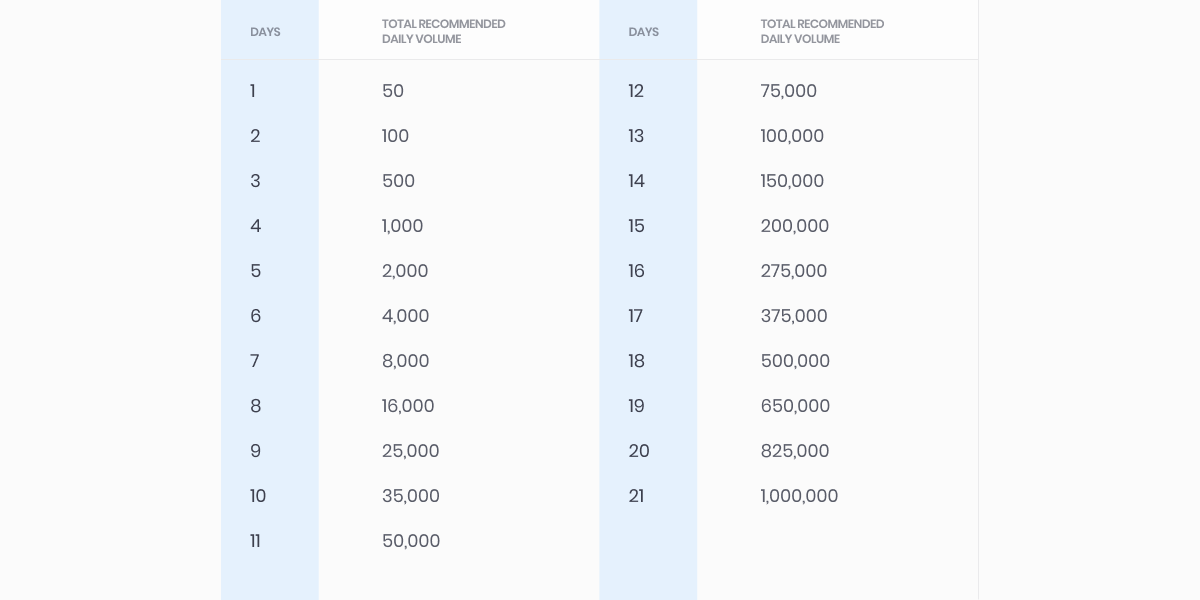When you send emails to your users, especially as a new business, there are certain parameters that you need to keep in mind, a few rules you need to follow. You need to build credibility with service providers to prove that you’re not a spammy account and that what you send is legitimate, credible, and reputed.
What is IP warming?
IP warming refers to the practice of acquiring users to receive emails from your dedicated IP address. It is primarily helpful for a new IP address or one that hasn’t been active for a while. This gives your Internet Service Providers (ISPs) enough time to evaluate your messaging and give them the green light for the future.
Why do we need an IP warm-up?
Mailbox providers try to protect their users from suspicious emails. Hence, an IP address with no or low reputation might not be permitted to be delivered. Their goal is to reduce the number of spam emails each user gets. However, with proper IP warming, you can gain the mailbox providers’ trust, and all your emails will be successfully delivered to the right inboxes.
3 cases where IP warm-up may be necessary:
- You’re starting a new business and using a new email domain to send out messages to your potential or existing customers.
- You’ve switched email providers.
- Send emails to an old client list you haven’t interacted with in a while.
Benefits of an IP warm-up:
- Increase engagement with your email subscribers.
- Improve email performance with better open rates and click rates.
- Build credibility with ISPs.
How to start an IP warm-up?
The process is pretty simple. Start sending out smaller volumes of emails instead of sending them to your entire database at once, eventually increasing the volume as time passes.
Here’s a simple example: Let’s assume you need to send out a newsletter to 50,000 people. Sending it out to the entire audience is ill-advised. So, start small. Wait for the audience to open or engage with your email. Figure out the first fifty people that are most likely to engage with your email, they could be your friends or colleagues also.
When there’s a decent amount of open/click rates on this batch of emails, the mailbox perceives it as a relevant email sent by a safe sender. Then increase the size of the audience in the coming days. Remember that the volume of emails is inversely proportional to the reputation to keep the volume of the emails. So, keep the volume low initially and start increasing it daily or weekly.
A good reputation will land you straight into your users’ inboxes with a comparatively lesser chance of being delivered in their spam or promotions section or not being delivered at all. Slower the warm-up, the better the results.
You can also follow this daily 21-day schedule to ensure maximum delivery:

Source: Sendgrid
How long does it take to warm-up an IP?
The answer depends on several factors, especially one like who your email service provider is. 4 to 6 weeks is the estimated time you should keep aside to thoroughly warm-up your IPs, to ensure maximum retention.
Conclusion
Long story short, IP warming is a healthy email marketing practice that you should not ignore at any cost. It might take a long time initially or frustrate you, but patience always pays off in the long run.
Remember, spamming does you no good in the long run. Focus on sending out emails that will genuinely help or interest the users.




